DOCTORAL SCHOOL IN SOCIAL SCIENCES AND ECONOMICS
Il progetto deve essere redatto in lingua inglese. Si raccomanda ai candidati di porre attenzione al rispetto del numero minimo e massimo di caratteri.
The School aims to form researchers able to understand and investigate social, cultural, economic and political issues in contemporary societies. In reference to each disciplinary and thematic field, the Ph.D. will be able to: - critically analyze the research literature - critically investigate on theories, methods, and results of the research - build interpretative models to understand the social, political and economic trends - carry out research with high methodological quality and propose interpretative scenarios - produce original and applicable scientific results, proposing alternative policies and actions. The PhD is structured in the following 5 curricula: 1: Finance and institutions (in collaboration with the Ph.D. School of Economics) The curriculum provides theoretical and empirical background in financial economics, quantitative finance and financial market regulation. The training activity will include: stochastic calculus, finance, financial economics, risk management, financial models and financial econometrics, resource and commodity economics, environmental economics and sustainable economics. 2: Economics and Development (in collaboration with the Ph.D. School of Economics) The curriculum provides advanced theoretical and empirical knowledge in the field of economics with a specific focus on development economics and international economic policy. The training activity includes microeconomics, macroeconomics, statistics, international economics, development economics and policy-oriented and advanced quantitative analyses in developing countries. 3: Sociology and applied social research The curriculum provides theoretical and empirical knowledge in social sciences, with particular attention to sociology. The training activity includes: social systems, as well as epistemological and methodological knowledge for social research; the analysis of cultural processes, communicative & knowledge practices, economic and work processes and regulation, territorial phenomena, as well as public action and governance. 4: Statistics and social data sciences The curriculum provides theoretical, methodological, computational and empirical knowledge, with particular reference to statistical disciplines. The training activity includes: multivariate statistics, sampling theory and techniques, social network analysis; official statistics and composite indicators; methodologies and techniques for social research. 5: Public policy analysis and evaluation (in collaboration with the Ph.D. School of Economics) The curriculum provides an advanced toolbox for the analysis and evaluation of public policies by integrating the political-social approach with the economic-statistical one. The training activity includes: quantitative methods (Probability & Statistics, Statistical Models for Economics; Policy Evaluation Methods, Methods & Techniques of Social Research) and policy analysis methods and models
Giorno: 19/9/2022 Ora: 09:30 Aula: Aula dottorandi, CU002 (palazzina Statistica, terzo piano) - Phd students Room, CU002, Statistics building, third floor Indirizzo: P. Aldo Moro 5
Giorno: 13/9/2022
a) 1. Finance and institutions b) 2. Economics and Development c) 3. Sociology and applied social research d) 4. Statistics and social data science e) 5. Public policy analysis and evaluation
Roy Cerqueti (roy.cerqueti@uniroma1.it)


